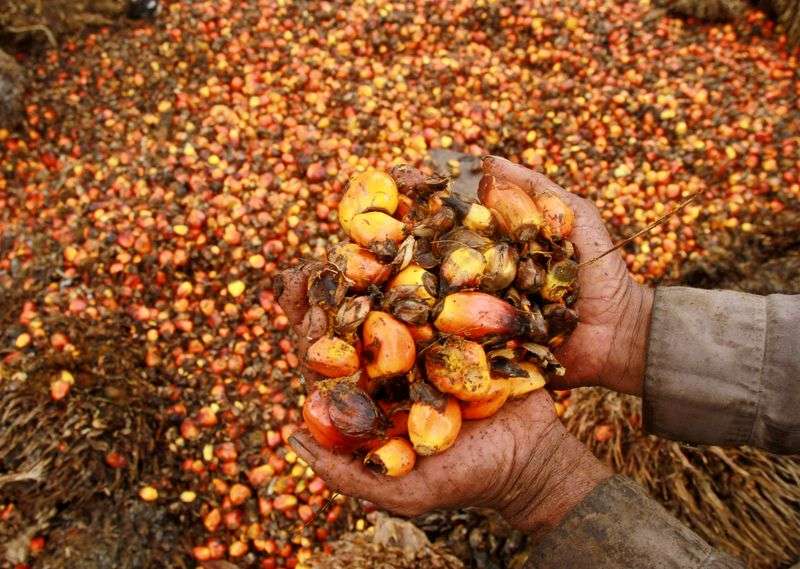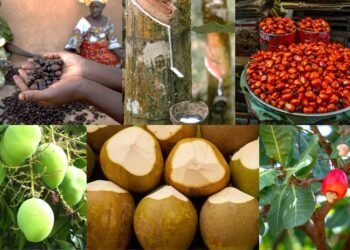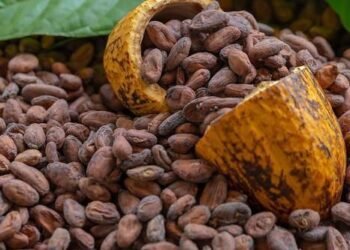The Managing Director of Wilmar Africa Limited, Kwame Wiafe, has pleaded with the Government to ban the export of Crude Palm Oil (CPO) from Ghana to ensure local processors have access to the raw material for their activities.
Mr. Wiafe disclosed that many farmers managing oil palm plantations choose to sell their crude palm oil in neighboring countries because that provides them a lot of income.
“A lot of the local plantation prefer selling their Crude Palm Oil outside where they will get better prices than selling to local refineries like us. So, I can tell you about 60% of locally produced Crude Palm Oil was being exported, so I had to go outside and bring in the stock at a higher cost. Talking about the current ban on CPO, it is happening in other countries like Ivory Coast and Indonesia, and the like. These countries are taking steps to ensure food security because of the current situation the world finds itself in.”
Kwame Wiafe

Speaking in an interview, Mr. Wiafe revealed that the stark difference in the numbers had led some stakeholders in the crude palm oil industry to warn of supply disruptions for cooking oil.
This, the stakeholders said would happen, on the Ghanaian market in the next 2 to 3 months if the ban on the export of palm oil from Indonesia isn’t lifted soon.
“The government could decide that in the meantime, to mitigate the supply risks, CPO exports should be banned. This will enable the refiners in the country to get some stock to mitigate the risk that will emanate from this ban.”
Kwame Wiafe
Ghana should follow Indonesia’s footsteps
Indonesia’s ban on palm oil exports which started on April 28, 2022, to address an ongoing shortage of cooking oil in the country, if not lifted, is expected to be most punishing to sectors manufacturing consumer products in Ghana and other parts of Africa, such as cooking oil, detergents, and snacks.
According to some agri-stakeholders in the Crude Palm Oil industry, the current ban on exporting the product by other countries like Indonesia requires that Ghana (a net importer of Crude Palm Oil) takes steps to protect its local stock.
Because Ghana is a net importer of palm oil, any pressure from the ban will weigh on the supply chain and drive prices up and affect availability, the agri-stakeholders stressed.
Available data shows that Ghana produced about 45,000MT of palm oil and imported over 400,000MT as of 2019 for local consumption and for manufacturing oil by-products.
READ ALSO: WFP to support 6 million people caught up in the world’s fastest-growing humanitarian crisis























